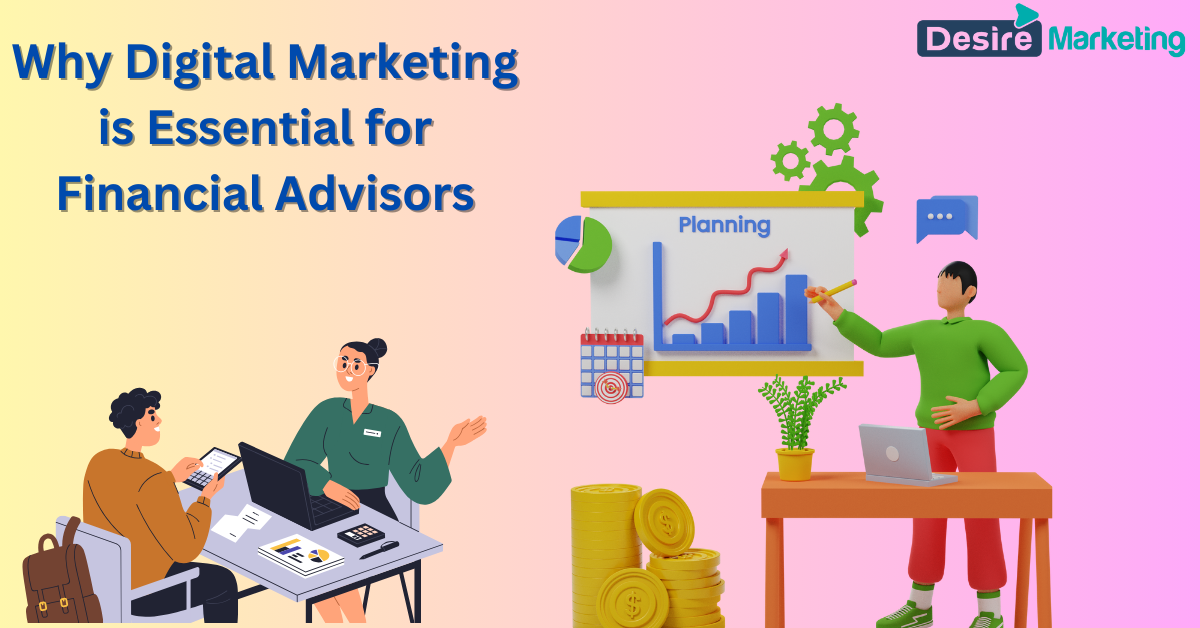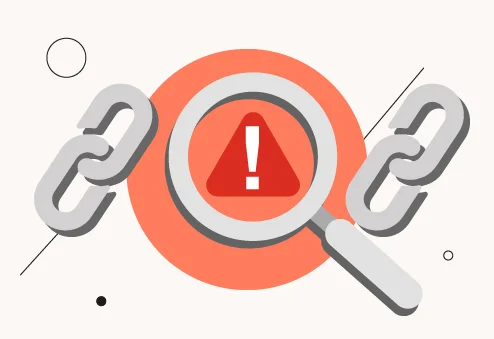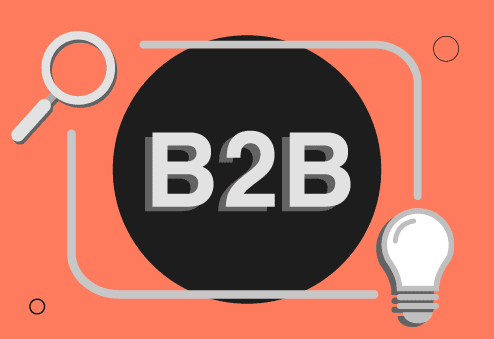As a financial advisor, you understand the importance of building relationships with your clients. However, in today’s digital age, it’s not enough to rely solely on traditional marketing methods.
Digital marketing has become an essential tool for financial advisors to connect with potential clients and build their brand.
In this article we are going to walk through importance of digital marketing for financial advisor and give you some best practices for digital marketing.
So, Let’s get started.
The Landscape of Financial Advisory Industry

As a financial advisor, You are operating in a highly competitive industry that is constantly evolving. The traditional marketing methods that once worked for your business are no longer as effective as they used to be.
With the pandemic and COVID-19, the industry has been forced to adapt to new ways of doing business. This is where digital marketing comes in.
The financial advisory industry has been slow to adopt digital marketing strategies, but it is now becoming increasingly important to stay competitive.
With the rise of technology, more people are turning to the internet to find financial advisors who can help with everything from basic retirement planning to specialized areas like the life settlement market.
You need to be visible online if you want to reach potential clients.
Understanding Digital Marketing
You may have heard about digital marketing and its importance in today’s world.
But what exactly is digital marketing, and why is it crucial for your business?
Digital marketing is the promotion of products or services using digital technologies, such as the internet, social media, search engines, and mobile devices.
Unlike traditional marketing, which relies on print ads, billboards, and TV commercials, digital marketing allows you to reach a wider audience in a more targeted and cost-effective way.
Why Digital Marketing is Crucial for Financial Advisors

As a financial advisor, you may be wondering why digital marketing is so important. The truth is, traditional marketing methods are no longer as effective as they used to be.
With the rise of the internet and social media, more and more people are turning to digital channels to find the products and services they need.
In the wake of the COVID-19 pandemic, digital marketing has become even more crucial. With many people staying home and avoiding in-person meetings, digital channels have become the primary way to connect with potential clients.
By leveraging digital marketing strategies, financial advisors can reach a wider audience and build relationships with clients in a virtual space.
Easy To Reach Targeted Audience
Digital marketing makes it easy for financial advisors to reach and target their ideal audience.
With various platforms such as social media, email, SEO, content, Facebook, LinkedIn, Twitter, Instagram, YouTube, Google, Bing, email marketing, search engine optimization (SEO), content marketing, paid search, paid social, and local search ads, financial advisors can tailor their marketing efforts to specific demographics and interests.
These platforms allow advisors to share valuable content, engage with their audience, and build relationships with potential clients. They also share insights on how to plan effectively, helping clients make informed financial decisions. By addressing the emotional side of financial planning, advisors can connect with clients on a deeper level and guide them through both practical and emotional aspects of their financial journey.
Overall, digital marketing provides financial advisors with a range of tools and platforms to reach and target their ideal audience.
By leveraging these tools effectively, advisors can build relationships with potential clients, nurture leads, and grow their business.
Establishing Credibility and Trust
As an advisor, one of the most important aspects of your job is to establish credibility and trust with your clients. This can be a challenge, especially if you are just starting out or if you are trying to reach a new audience.
However, digital marketing can be a powerful tool to help you establish yourself as a reliable and trustworthy advisor.
One way to use digital marketing to build trust is through social media. By sharing valuable content and engaging with your audience on platforms like Facebook, LinkedIn, Twitter, and Instagram, you can show that you are knowledgeable and passionate about your work.
You can also respond to comments and messages in a timely and professional manner, which can help build trust and strengthen relationships with potential clients.
By creating high-quality blog posts, videos, and other content that addresses common financial questions and concerns, you can position yourself as an expert in your field. This can help attract new clients and build trust with existing ones.
Search engine optimization (SEO) is another important tool for financial advisors looking to establish credibility online. By optimizing your website and content for relevant keywords, you can increase your visibility in search engine results pages and attract more potential clients to your site.
Paid search and social media advertising can also be effective for building credibility and trust. By targeting specific demographics and interests, you can reach potential clients who are more likely to be interested in your services. Local search ads can also be effective for reaching clients in your area who are actively searching for financial advisors.
Email marketing can be a powerful tool for building trust and strengthening relationships with existing clients. By sending regular newsletters and updates, you can keep clients informed about important financial news and developments. This can help establish you as a reliable and trusted advisor who is committed to helping clients achieve their financial goals.
Overall, digital marketing can be a powerful tool for financial advisors looking to establish credibility and trust with potential and existing clients. By leveraging social media, SEO, content marketing, paid search and social, local search ads, and email marketing, you can build a strong online presence and position yourself as a knowledgeable and trustworthy advisor.
Building a Personal Brand
Building a personal brand is essential to your success in digital marketing. Your personal brand is how you present yourself to potential clients and how they perceive you. It is a combination of your skills, experience, personality, and values that differentiate you from other financial advisors.
Building a personal brand helps establish trust and authority with your audience. By presenting yourself as an expert in your field, you can validate your knowledge and experience to potential clients. This can help build credibility and establish you as a trusted advisor.
Your personal brand can also help with branding efforts. By creating a consistent brand image across all your digital marketing channels, you can build recognition and familiarity with your audience. This can help potential clients remember you and your services when they are in need of financial advice.
To build a personal brand, it is important to be authentic and consistent. Your personal brand should reflect who you are as a person and what you stand for. This can help attract clients who share your values and beliefs.
Some ways to build your personal brand include:
- Creating a professional website that showcases your skills, experience, and personality
- Developing a strong social media presence that reflects your personal brand
- Publishing articles and blog posts that demonstrate your expertise in financial planning
- Speaking at industry events and conferences to establish yourself as a thought leader in your field
By building a strong personal brand, you can establish trust, authority, and recognition with potential clients. This can help you stand out in a crowded market and attract new business.
Cost-Effectiveness
Digital marketing is an essential tool for financial advisors because it is cost-effective. Traditional marketing methods such as print ads, radio, and television commercials can be expensive and may not reach the target audience. With digital marketing, you can reach your target audience at a fraction of the cost.
One of the most cost-effective digital marketing strategies is email marketing. With email marketing, you can send personalized messages to your clients and prospects at a low cost. This is a great way to keep your clients engaged and informed about your services.
Another cost-effective digital marketing strategy is social media marketing. Platforms such as Facebook, Twitter, and LinkedIn—with a user base of over 1 billion worldwide—allow you to reach a large audience at a low cost. You can use social media to share valuable content, promote your services, and engage with your audience.
By using cost-effective digital marketing strategies, you can build trust and authority with your audience. When you share valuable content and engage with your clients and prospects, you demonstrate your expertise and establish yourself as a thought leader in your industry.
In addition, digital marketing can help you build your brand and validate your services. By creating a strong online presence, you can increase your visibility and attract new clients. When you have a strong brand and online presence, you demonstrate that you are a reputable and trustworthy financial advisor.
Overall, digital marketing is a cost-effective way for financial advisors to reach their target audience, build trust and authority, and validate their services. By using digital marketing strategies such as email marketing and social media marketing, you can increase your visibility and attract new clients.
Best Strategies of Digital Marketing for Financial Advisors

As a financial advisor, you understand the importance of reaching your target audience effectively. In today’s digital age, digital marketing is the key to achieving this goal. Here are some of the best strategies of digital marketing that can help you grow your business and achieve your goals.
1. Content Marketing
Creating and sharing valuable content is one of the most effective ways to build brand awareness, engage with your audience, and generate leads. By creating informative blog posts, videos, social media posts, and other content, you can establish yourself as a thought leader in your industry and attract potential clients to your website.
2. Search Engine Optimization (SEO)
SEO is the process of optimizing your website to rank higher in search engine results pages. By targeting relevant keywords and optimizing your website’s content, you can attract more traffic to your site and generate more leads. This strategy is particularly effective for financial advisors, as potential clients often turn to search engines when looking for financial advice.
3. Social Media Marketing
Social media platforms like Facebook, Twitter, and LinkedIn are powerful tools for building your brand, engaging with your audience, and generating leads. By creating and sharing relevant content on these platforms, you can attract potential clients and build a community of followers.
4. Email Marketing
Email marketing is a highly effective way to nurture leads and convert them into clients. By sending targeted emails to your subscribers, you can keep them engaged with your brand and provide them with valuable information that can help them make informed financial decisions.
5. Networking
Networking is an essential part of any business, and digital marketing can help you expand your network and connect with potential clients. By participating in online communities, attending webinars, and engaging with other professionals in your industry, you can build relationships and establish yourself as a trusted advisor.
Final Thought
In today’s digital world, having a strong digital marketing strategy is crucial for financial advisors.
By utilizing various digital marketing strategies, financial advisors can reach a wider audience, establish their brand, and ultimately increase their business growth.





